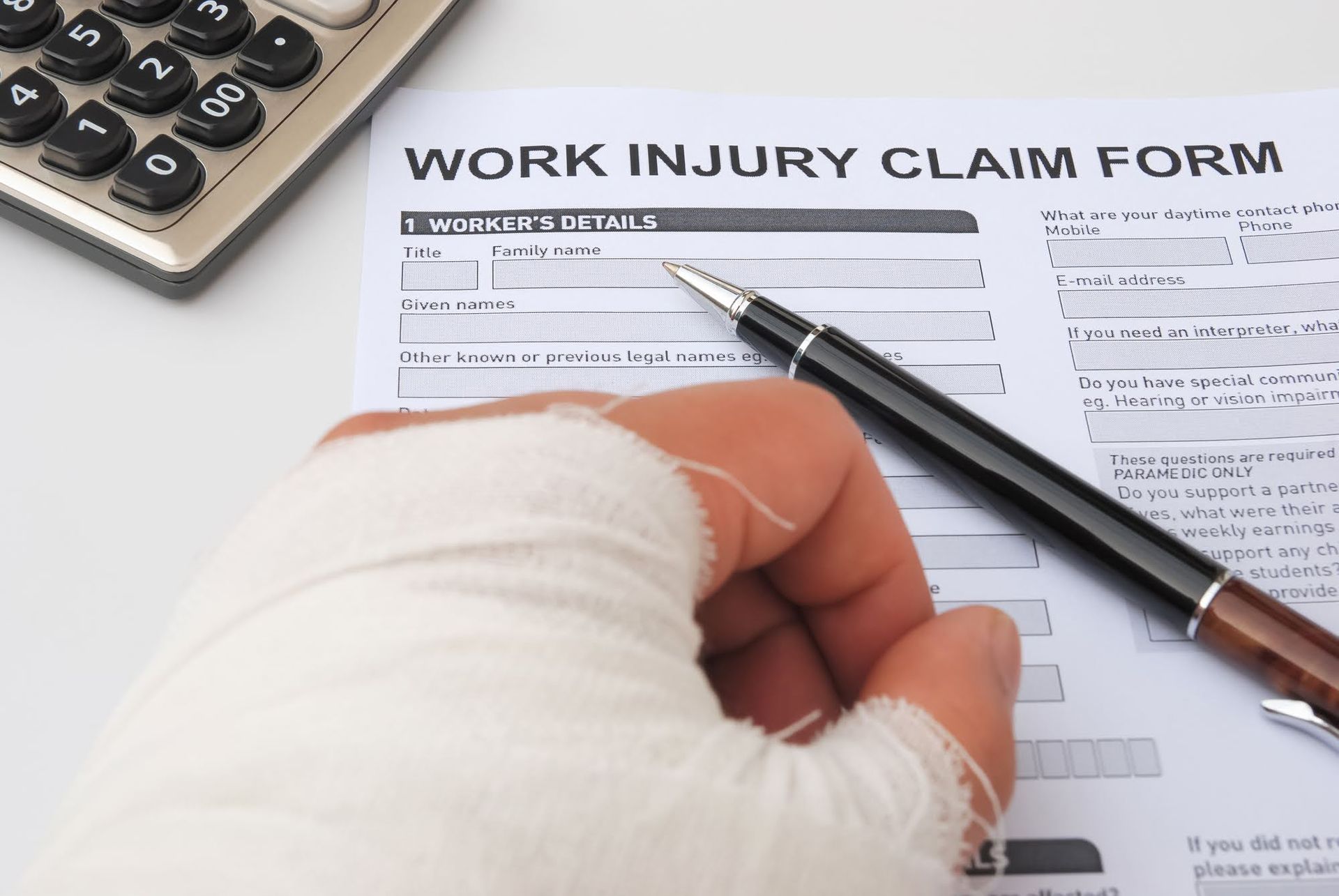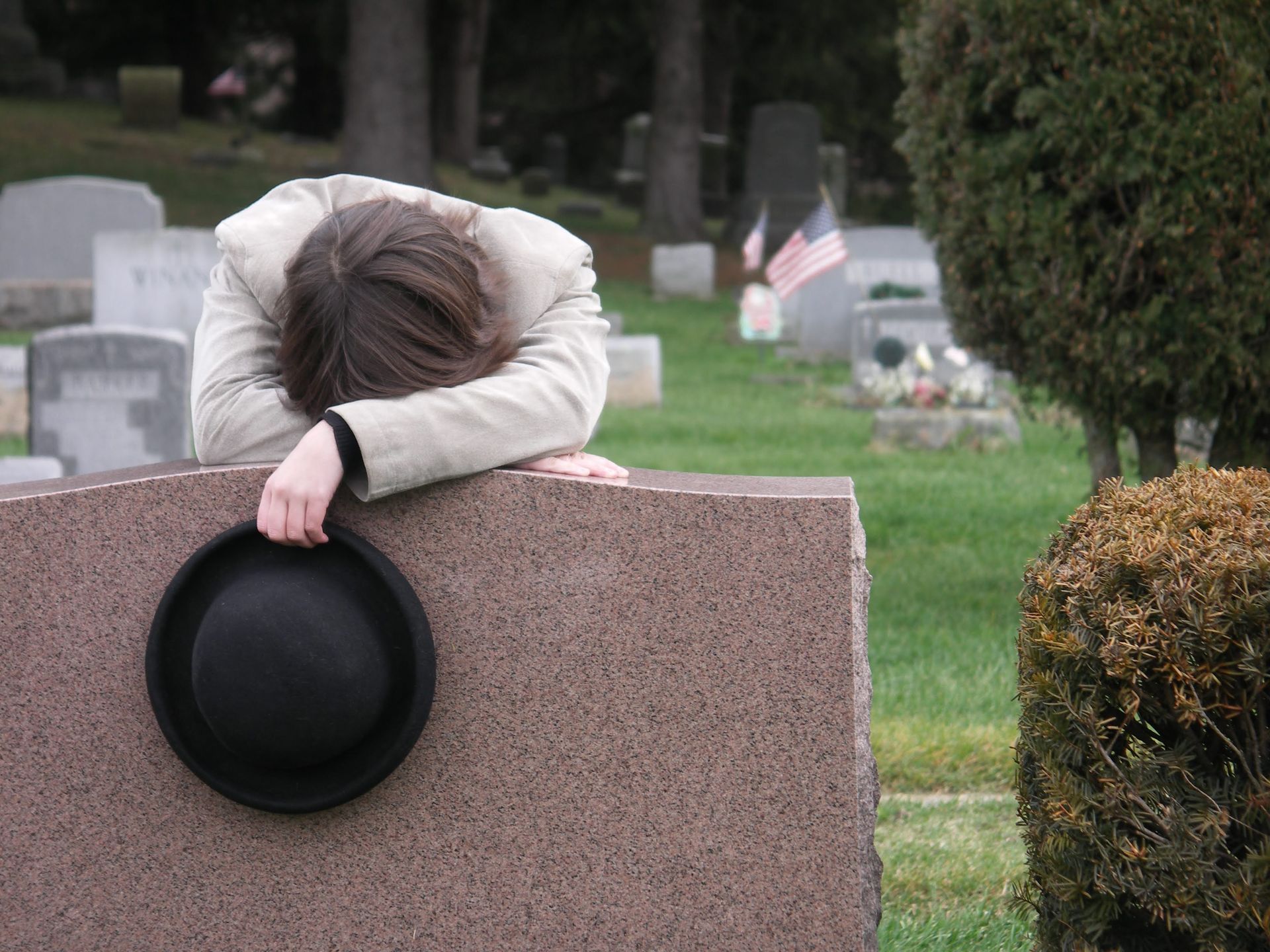Address: 1201 East Street Parkville, Missouri 64152
Toll Free:
Call Us Now:
A Brief Overview of the Workers' Compensation Program

Workers' compensation is now a big part of what employees get as a benefit. It keeps them from paying much money if they get hurt or sick on the job. See a brief overview of the history of workers' compensation in the United States.
Changes in Workers' Compensation Over Time
Around the turn of the 19th century, New York, Maryland, Massachusetts, and Montana tried to introduce workers' compensation rights. But, all these states failed after employers went to court to repeal the new laws.
In 1911, the State of Wisconsin was the first to pass a law that helped workers injured on the job. Before workers' compensation, people who got hurt on the job often had to pay for their own medical care.
In 1916, the Federal Employees Compensation Act became operational. People who worked for the federal government and got hurt on the job received benefits. Other states' laws borrowed from this act.
In the 20th Century, the United States Congress signed several laws that helped workers. For example, the Employers Liability Act protects employees from being liable for injuries or damages at work. This law also gives employees the right to sue their employers if injured on the job.
The Americans with Disabilities Act is a civil rights law that protects people with disabilities. The law mandates that employers make workplaces accessible to people with disabilities.
These laws created the background for workers' compensation in the modern era.
Programs for Workers' Compensation Today
Workers' compensation is essential to the social safety net in the United States. It helps millions of workers who get hurt or sick on the job. People who get hurt or sick on the job can get the money they need through workers' compensation.
Each state has its laws about how to handle workers' compensation. However, they all follow the principles set by the United States Labor Department. The US Labor Department runs four programs.
The Federal Employee Compensation Program (FECP)
When a federal worker gets sick or hurt on the job, the Federal Employees' Compensation Program helps them. They get help replacing lost wages, medical care, and training for a new job.
Longshore and Harbor Workers Compensation Program
The Longshore and Harbor Workers' Compensation Program helps people who get hurt while working on the water or in similar jobs. This program provides wage replacement, medical care, and training for a new job.
Black Lung Benefits Program
The Black Lung Benefits Program can help coal miners with pneumoconiosis and their eligible survivors. This program offers benefits like cash payments every month and helps with medical costs related to black lung disease.
Energy Employees Occupational Illness Compensation Program
Workers in the energy industry qualify for the Energy Employees Occupational Illness Compensation Program. It covers workers who get sick because of exposure to dangerous materials. This program offers payments for lost wages, help with medical bills, and death benefits for eligible survivors.
Aside from these four programs, insurance companies get money from employers in the form of premiums. These premiums cover most of the costs of workers' compensation benefits. Most often, employees don't have to pay for their injuries or illnesses. But they must tell investigators what happened and how they got injured.
Employees can file an appeal if they disagree with a decision about their compensation. These petitions decide if they can get benefits and how much they should get.
As a worker, you can either sue or accept workers’ compensation in the event of an injury. If you accept workers’ compensation, it will be difficult to take your company to court. Thus, you must consider if the benefits will offer you what you need before you accept them.
Whichever option you take, you should always consult an attorney first. Contact Spooner & Perkins P.C. Attorneys at Law if you live within Kansas or Missouri.

CONTACT INFORMATION
Email:
Phone:
Toll Free:










